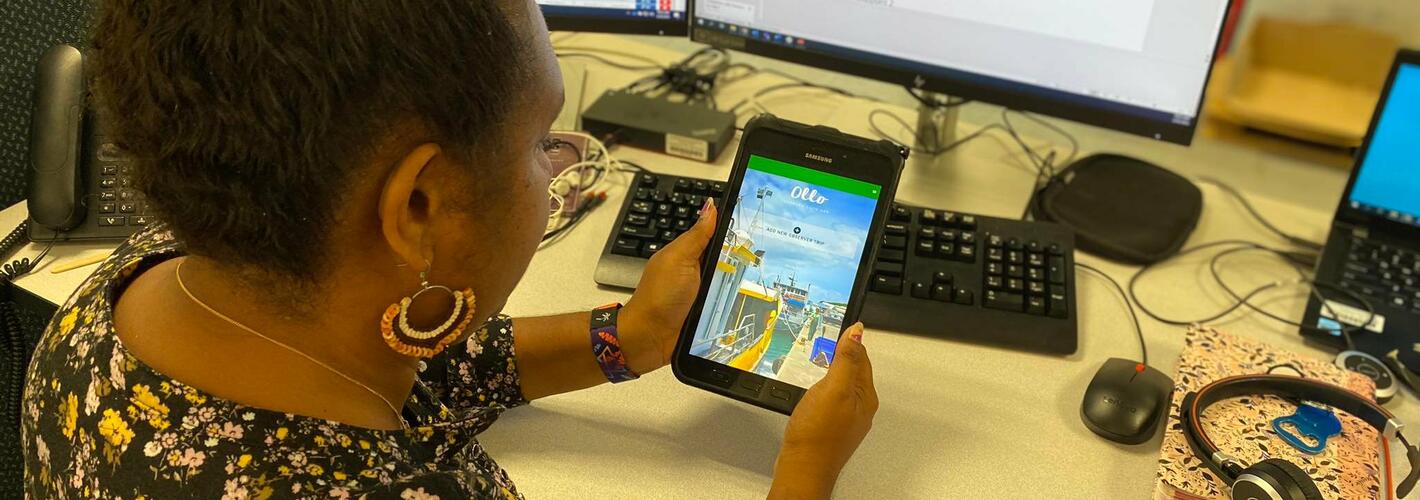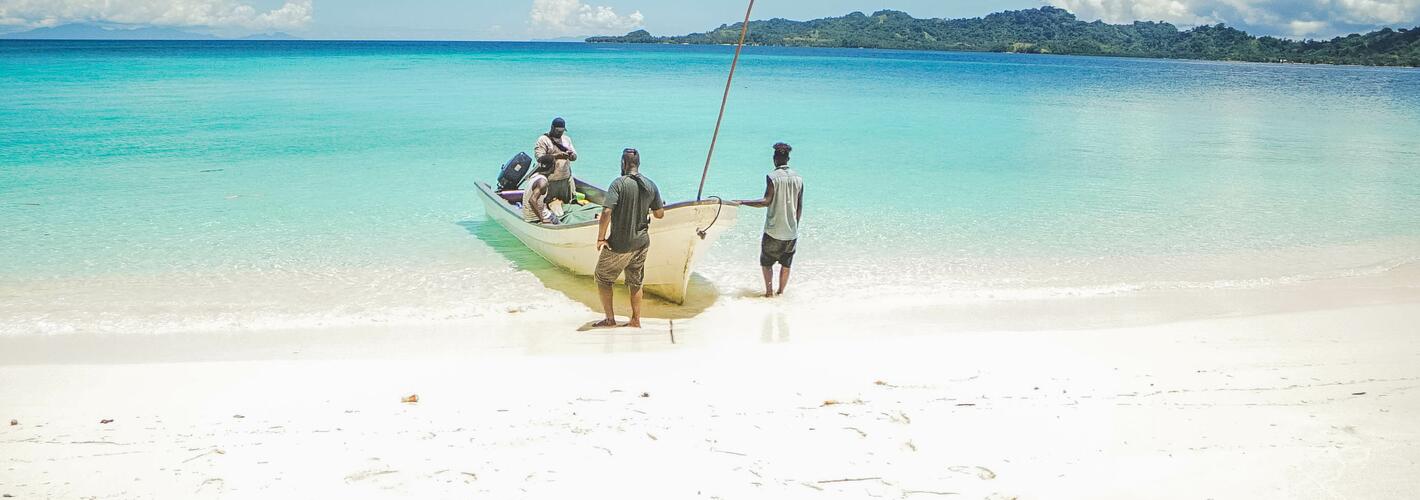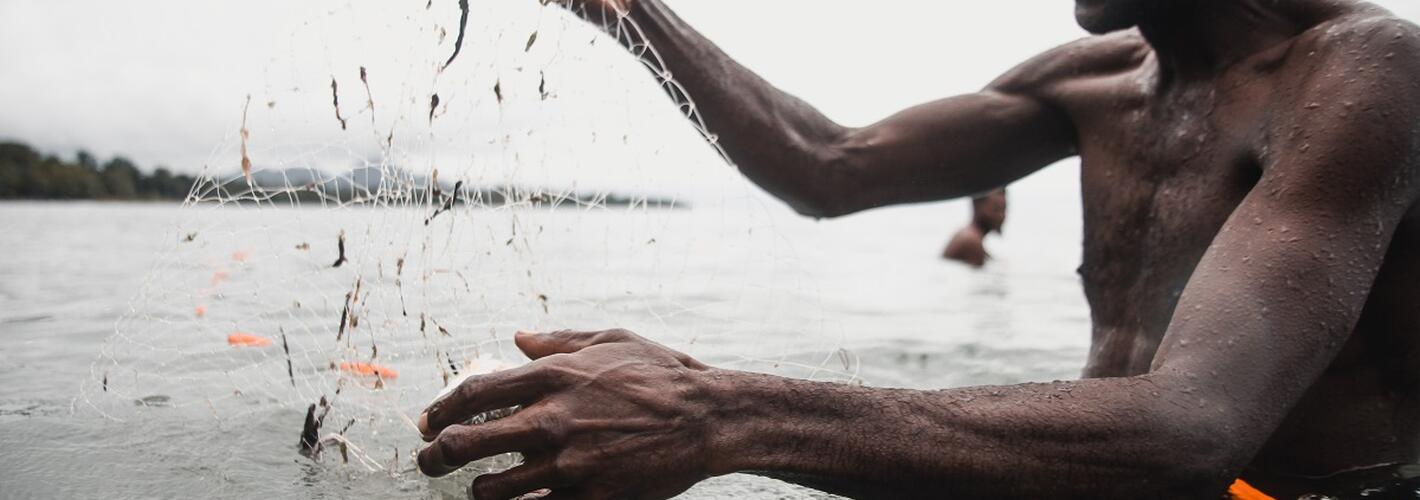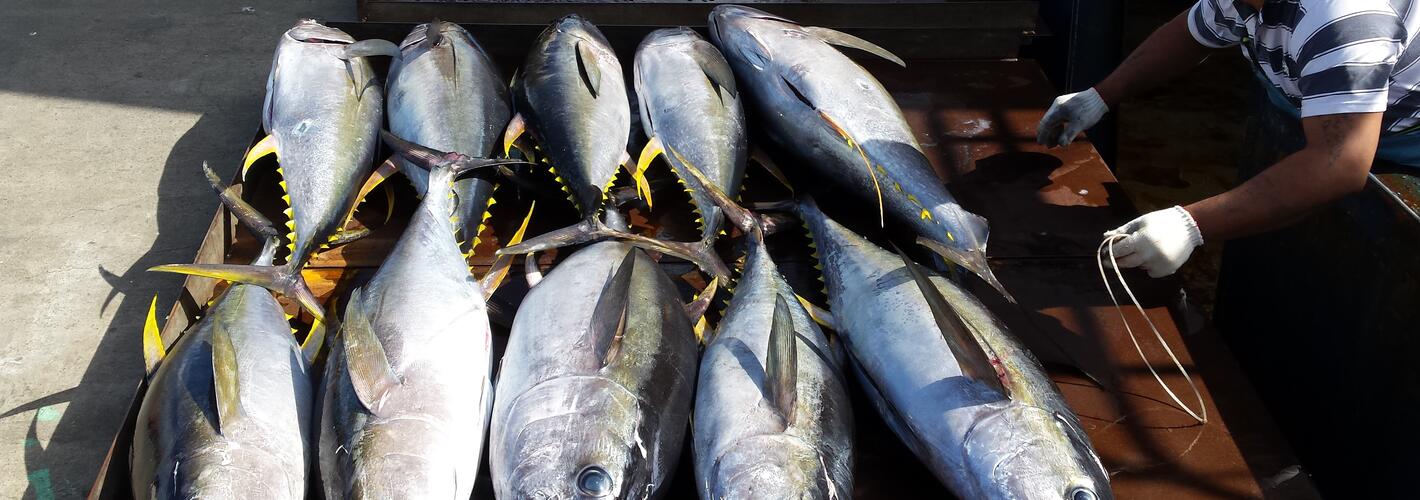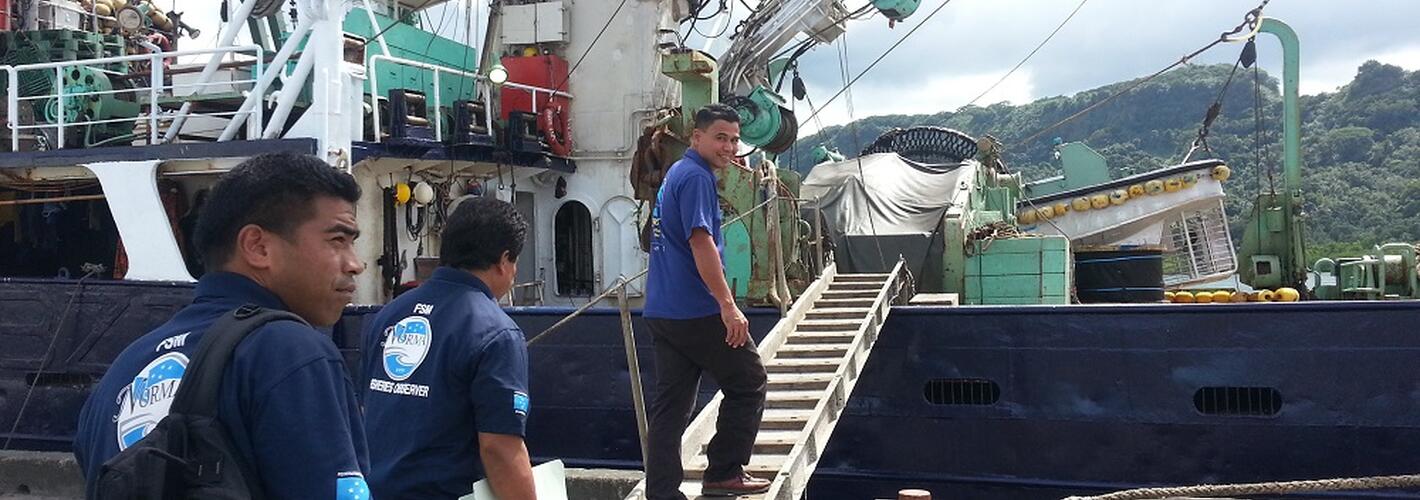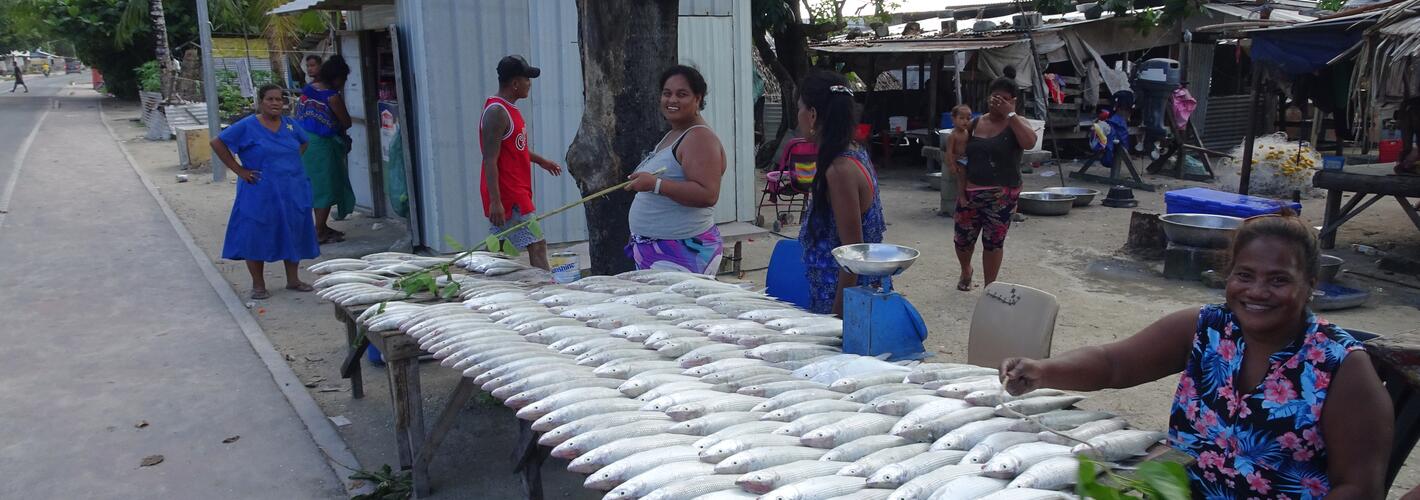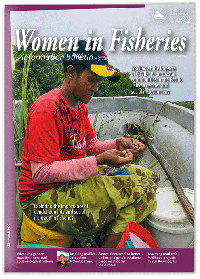WCPFC services and data management
ID Card
Provision of scientific analyses, assessments and advice, and data management services, to the WCPFC membership
The specific work of SPC-OFP under the agreement with WCFPC as its Scientific and Data Management Services Provider is agreed annually, based on ongoing needs and specific requests from WCPFC meetings. Work includes: the curation and appropriate dissemination of WCPFC data, evaluation of data gaps, support to the regional VMS and observer programmes, provision of specified stock assessments of tuna and tuna-like species, ecosystem analyses, scientific evaluation and advice to support management options and harvest strategy development, as well as assistance to members to enhance participation at Commission meetings.

